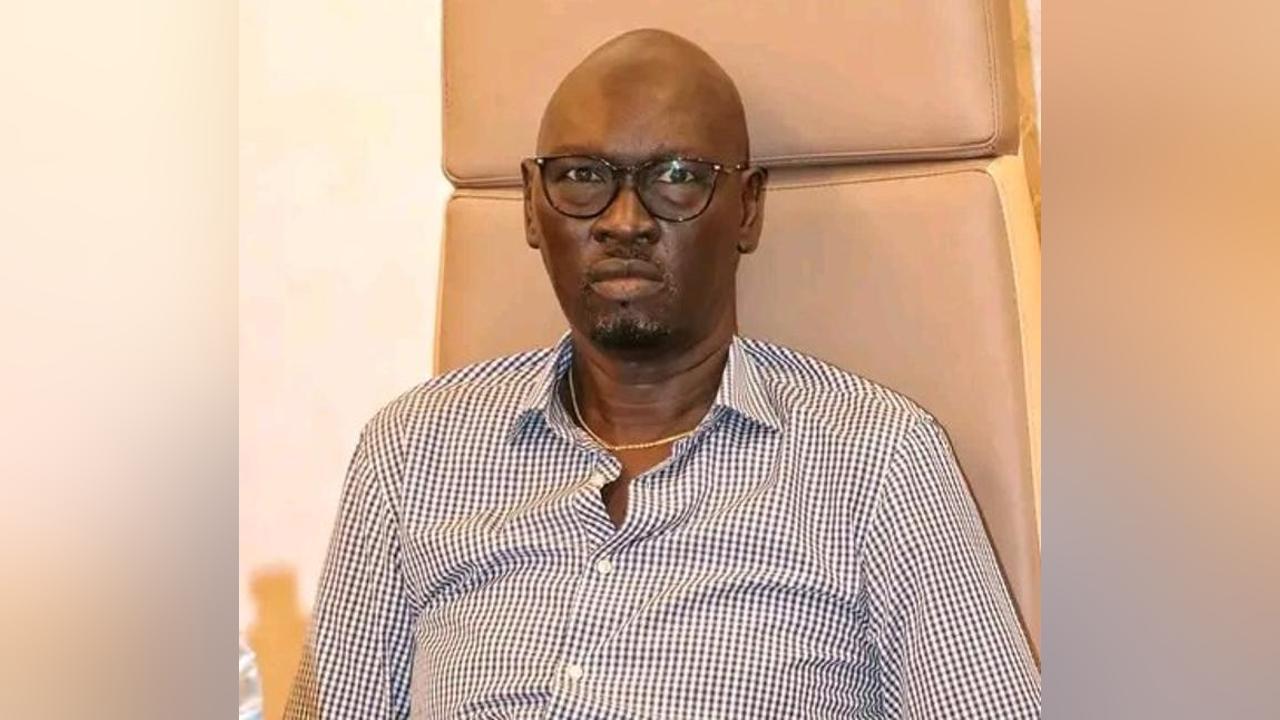Mamer Abraham
Africa-Press – South-Sudan. South Sudan needs to do more to shed dollar transactions if the quest to save the South Sudanese pound is to be realised.
According to the advisor to the economic cluster, Dr. Abraham Maliet, South Sudan must discourage travelling with US dollars to any East African partner state as it will curb the appetite for transacting in the foreign currency and increase demand for pounds.
“We will be looking for pounds. There is no need for a dollar. If you take a dollar here and exchange it for Ugandan currency, it kills your own currency,” Dr. Maliet argued.
He stressed the importance of validating the use of the local currencies in the region before a common regional currency is introduced. He said this was supposed to be in line with the policies of the establishment of the East African Community.
“The common currency is either people agree so that they come to one currency, or they normalise between their currencies and validate them.”
For Dr. Maliet, validating local currencies would give economic benefits to the region by removing the barriers to exchange posed by the use of the US dollar.
However, he said the delays in the actualisation of the policy “might” be the reason why the government has not understood the policy. According to him, either the ministry for finance does not want to implement it or the ministry for East African Community affairs has not tabled it before the cabinet yet.
In January, the governor of the Bank of South Sudan (BoSS), Johnny Ohisa, announced that the dollar would not be used as legal tender, but the order has not come into effect to date.
The exchange rate kept on rising until it reached more than SSP 100,000 per $100 from the initial SSP 75,000.
Late in May, Kenyan President William Ruto urged the regional heads of state to join the Pan-African Payments and Settlement (PAPSS) that was launched in January 2022.
PAPSS is a system that was developed for intra-African trade by the African Export-Import Bank (Afreximbank) and the African Continental Free Trade Area (AfCFTA) Secretariat and backed by the African Union and African central banks.
“We are all struggling to make payments for goods and services from one country to another because of differences in currencies,” Ruto said, as quoted by Business Daily.
“There has been a mechanism where all our traders can trade in the local currency, and we leave it to the Afreximbank to settle all the payments. We do not have to look for dollars; our businessmen will concentrate on moving goods and services and leave the arduous task of currencies to Afreximbank.”
The EAC is mulling an approach like that of BRICS—a body composed of Brazil, Russia, India, China, and South Africa pursuing a common currency to ditch the US dollar, making the dominance of the dollar a global concern.
In June, nearly a week before the end of the month, the East African Legislative Assembly (EALA) passed a resolution that ordered the EAC partner states to stop using dollars in transactions and instead make transactions in local currencies.
This came after EALA lawmaker David Ole Sankok moved the motion, which was seconded by George Odongo, calling for the use of local currencies in the region as legal tender.
Source: The City Review South Sudan
For More News And Analysis About South-Sudan Follow Africa-Press






